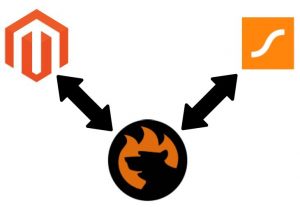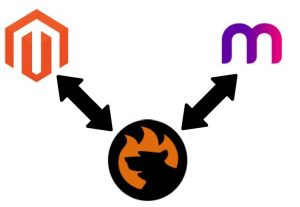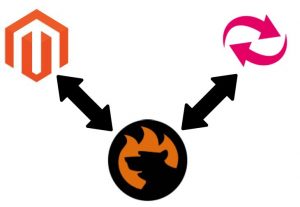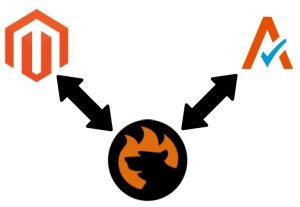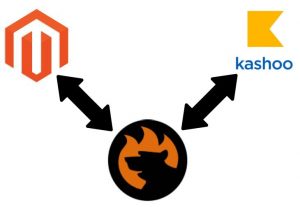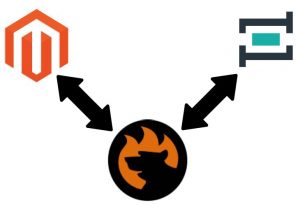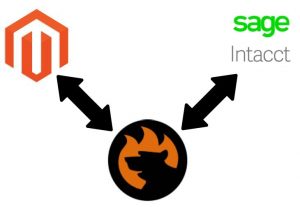
Today, we want to talk about a solution for decreasing cart abandonment rate on an ecommerce store. Online shoppers may abandon their carts for various reasons, like a distraction, accidental close of a web page, or interest in a similar product on a competitor’s site. Besides, website visitors might not complete their order at the checkout due to the lack of motivation. One of the effective ways to avoid losing profits and retain clients on your online store is implementing the anti-abandonment popup functionality. In comparison to follow-up emails, which is a widely used solution for shopping cart recovery, reminder popups is a much more efficient communication channel. The chances are a push notification attracts customer attention is much higher than in case of a cart abandonment email. Both of these techniques have their own advantages, but in this post, we are going to describe one of the robust tools that adds the necessary functionality for sending popup reminders on your store.
Meet Amasty Exit Intent Popup for Magento 2 – a brand-new module that enables merchants to configure abandoned cart popups and display them on their webstore pages. The extension’s features allow store owners to easily collect customer emails due to the email address form in the notifications and extend their subscribers list. Another great opportunity users get with the Magento 2 module is offering discounts or special gifts to customers who are close to leaving a website. This way, the Exit Intent Popup extension will help you attract customers’ attention, increase engagement, and motivate them to complete their orders. As a result, you will improve communication with your clients and boost your profits.
Below, we explore the features of the Magento 2 subscription popup module and show how it works in the backend and frontend.
Continue Reading
